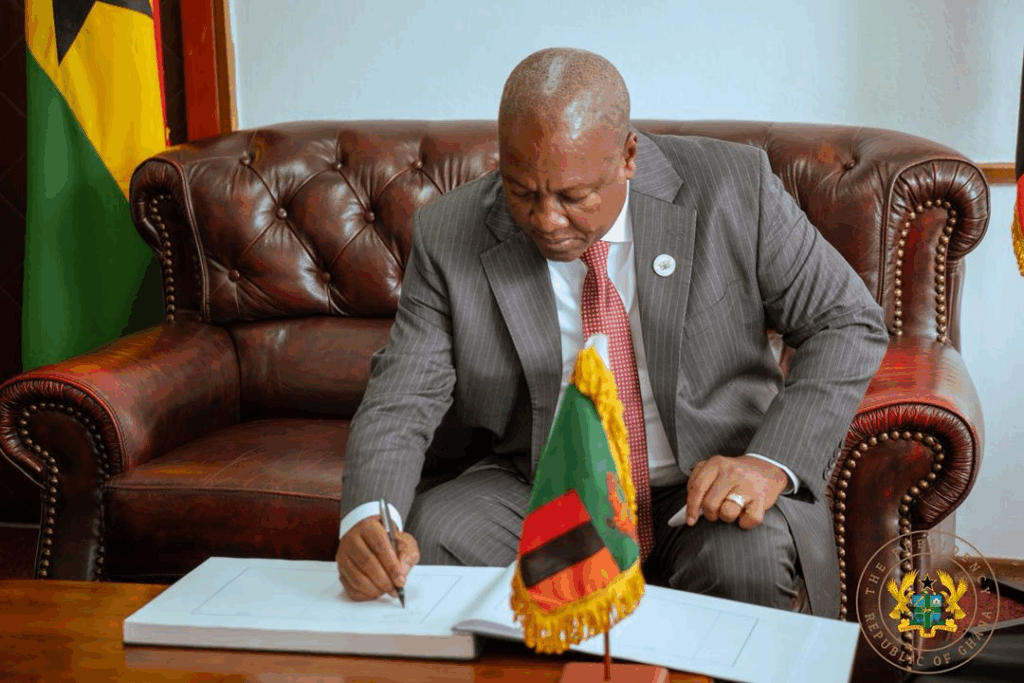
The dream of owning a home is a cornerstone of financial security and personal achievement. However, for many first-time buyers in Ghana, this dream remains just out of reach. The nation faces a significant housing deficit, estimated at 1.8 million units, compounded by rising construction costs and the immense challenge of saving for a down payment. While traditional government programs have struggled to bridge this gap, a new wave of innovative, private-sector-led solutions is emerging. This guide explores how shared equity arrangements for aspiring homeowners, particularly through partnerships with visionary developers like Quao Realty, can revolutionise the path to property ownership.
The Core Challenge: Why is Buying a First Home in Ghana So Difficult?
Several significant barriers stand between aspiring homeowners and their first property. Understanding these challenges highlights the urgent need for alternative purchasing models.
The National Housing Deficit
According to the Government of Ghana, the current housing shortfall stands at a staggering 1.8 million units. This immense demand outstrips supply, putting upward pressure on property prices. Past attempts to launch large-scale affordable housing projects have often stalled or failed to meet the needs of the average Ghanaian, as seen in the ambitious but ultimately unbuilt UNOPS/SHS Holdings project, demonstrating the need for more agile, market-driven solutions.
Spotlight: Manora by Quao Realty – Invest Near Kotoka Airport
Located just minutes from Accra’s main airport, Manora Residence offers sleek studio to penthouse units starting at $94,000.
Enjoy modern amenities, stylish finishes, and a pool—all within one of the city’s most sought-after addresses.
Download the brochure and start your journey.
High Costs and Investment Risks
Private sector participation is crucial, yet developers face considerable risks. A study on affordable housing in Africa identifies key constraints such as volatile market dynamics, difficulties with land acquisition, and the high cost of construction materials. These factors can make it challenging for developers to build properties that are both high-quality and financially accessible for first-time buyers.
The Universal Down Payment Hurdle
Perhaps the most significant personal obstacle for any first-time buyer is accumulating the down payment. This isn’t unique to Ghana; assistance programs worldwide exist to tackle this very issue. A substantial upfront cash requirement, often 15-20% of the purchase price, can take years to save, delaying homeownership and financial progress.
A Modern Solution: What Are Co-Investment and Shared Equity Models?
A co-investment model for first-time buyers in Ghana is a strategic partnership designed to overcome the down payment hurdle. In its simplest form, a homebuyer partners with an investor (such as a real estate company, fund, or even a family member) who provides a portion of the down payment. In return, the investor receives a share of the home’s equity.
How It Works: The Core Mechanics
While specifics can vary, the process generally follows these steps:
- Buyer Secures a Mortgage: The homebuyer qualifies for a primary mortgage from a bank, but for a smaller amount, as the down payment is supplemented.
- Co-Investor Provides Funds: The partner contributes cash for the down payment and closing costs. For example, the buyer might put down 5%, and the co-investor contributes another 15%.
- An Equity Agreement is Signed: A clear legal contract outlines the ownership split. This is not a loan; no monthly payments or interest are owed to the co-investor.
- The Property is Sold or Refinanced: In the future, when the homeowner sells the property, the co-investor receives their initial investment back plus their agreed-upon share of the appreciation in value.
This structure is similar to the legal concept of “tenants in common,” where multiple owners hold a distinct, undivided interest in a single property.
Quao Realty: Pioneering Collaborative Homeownership in Ghana
As a leading luxury real estate development and management company in Ghana, Quao Realty is uniquely positioned to pioneer these innovative ownership structures. With a mission to create value for both homeowners and investors, and a portfolio of premium projects like Manora Residence and The 233 Boulevard in prime locations, Quao Realty has the expertise, trust, and vision required.
By spearheading collaborative homeownership solutions, Quao Realty can extend its brand promise to a wider audience of aspiring professionals. This approach aligns perfectly with their focus on acquisition, development, and management, allowing them to facilitate a new market of buyers while building a portfolio of shared equity assets in high-growth areas like Airport Residential and Cantonments.
Structuring a Successful Co-Investment Partnership
For a co-investment model to succeed, it requires more than just capital. A robust framework is essential to protect all parties involved.
The Importance of a Clear Legal Framework
Drawing from best practices in condominium management, a co-investment partnership must be governed by clear legal documents. These agreements, similar to condominium byelaws, should define the rights and responsibilities of both the homeowner and the investor, covering maintenance duties, exit strategies, and protocols for selling the property. Transparency from the start prevents future misunderstandings.
The Critical Role of Homebuyer Education
First-time buyers entering into such an agreement must be fully informed. As housing counseling agencies recommend, mandatory homebuyer education workshops are crucial. These sessions ensure buyers understand the terms of the co-investment, the mortgage process, and the long-term implications of shared equity, empowering them to make confident decisions.
Professional Property Management
To protect the value of the asset for both the homeowner and the co-investor, professional property management is vital. As Quao Realty highlights, a dedicated manager ensures the property is well-maintained, rent (if applicable) is collected, and the building’s status quo is preserved, safeguarding the long-term value of the investment for everyone.
Spotlight: Manora by Quao Realty – Invest Near Kotoka Airport
Located just minutes from Accra’s main airport, Manora Residence offers sleek studio to penthouse units starting at $94,000.
Enjoy modern amenities, stylish finishes, and a pool—all within one of the city’s most sought-after addresses.
Download the brochure and start your journey.
Key Benefits of Co-Investment Models
This approach offers a win-win scenario for both the buyer and the investor.
| Benefits for the First-Time Homebuyer | Benefits for the Co-Investor (e.g., Quao Realty) |
| Overcomes the down payment barrier, enabling faster homeownership. | Participates in the appreciation of prime Ghanaian real estate. |
| Increases purchasing power, allowing access to higher-quality homes in better locations. | Creates a new, scalable investment product. |
| Reduces initial debt burden and may eliminate the need for costly mortgage insurance. | Helps solve a critical social need, enhancing corporate reputation. |
| Builds personal equity and financial stability sooner. | Fosters a long-term relationship with a new generation of clients. |
Conclusion: A New Dawn for Accessible Homeownership in Ghana
The gap in Ghana’s housing market is not just a challenge; it is an opportunity for innovation. Traditional models alone cannot meet the growing demand. By moving beyond conventional sales, co-investment frameworks offered by forward-thinking developers like Quao Realty represent a powerful, market-driven pathway to make homeownership a reality for thousands of Ghanaians. This model empowers first-time buyers, creates a sustainable investment class, and builds stronger communities, one home at a time.

